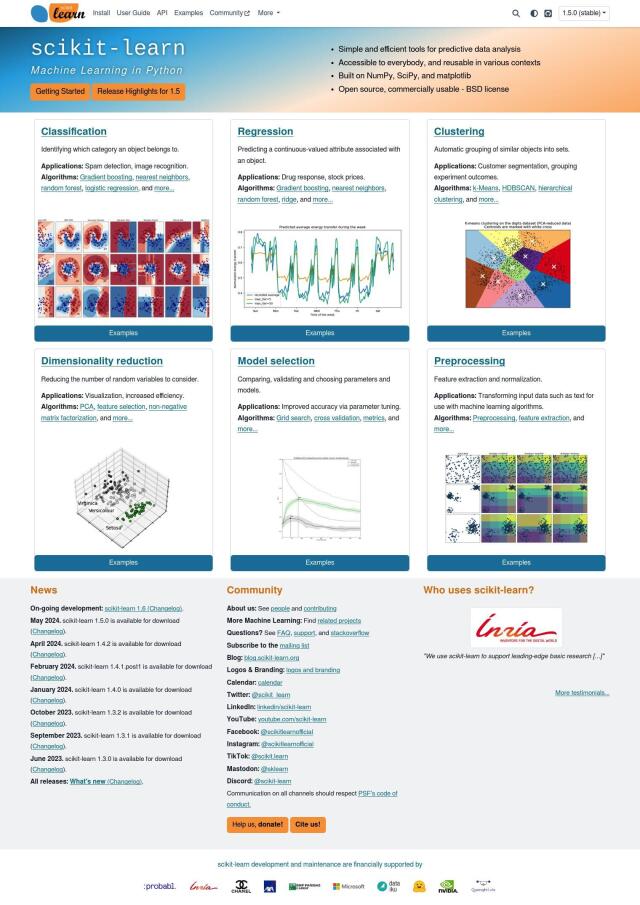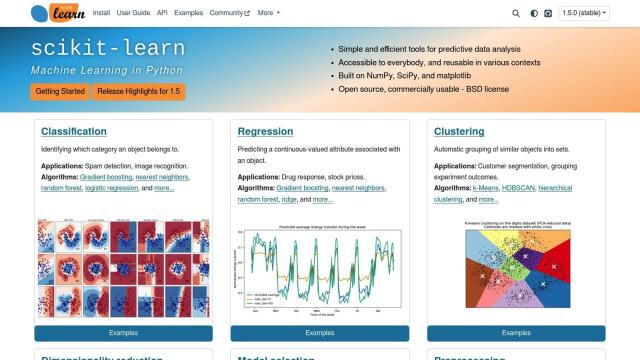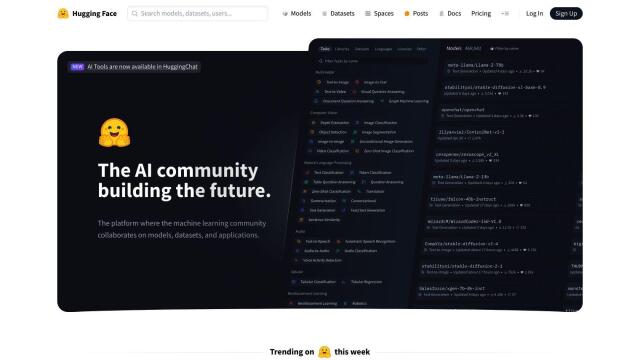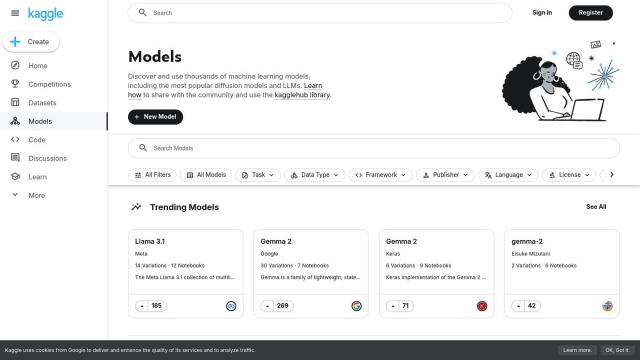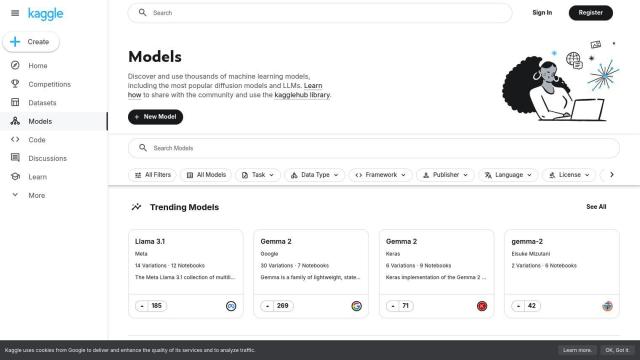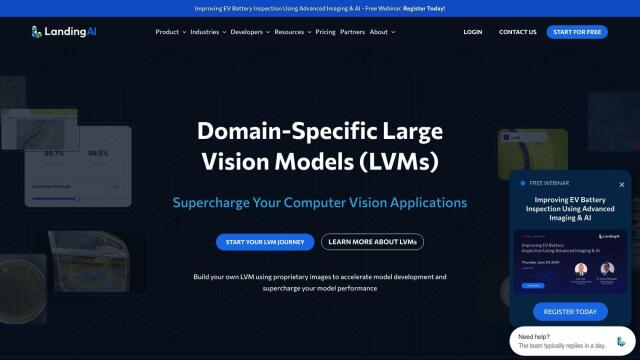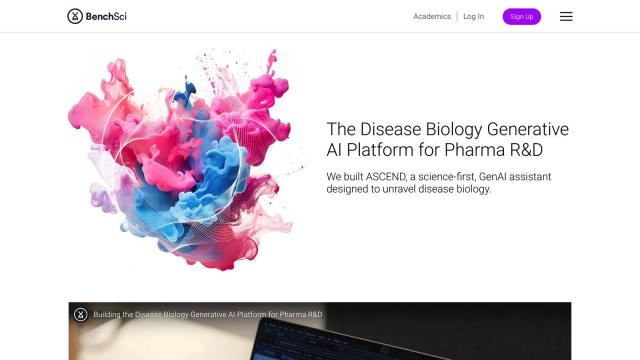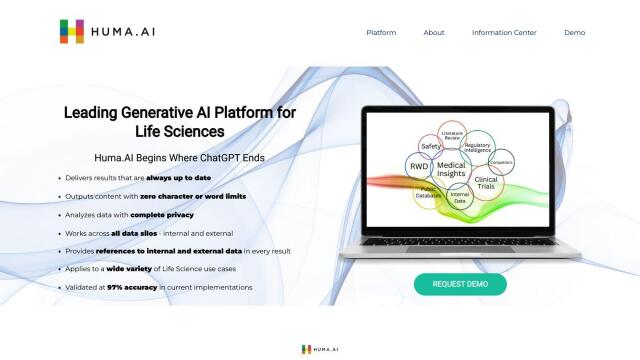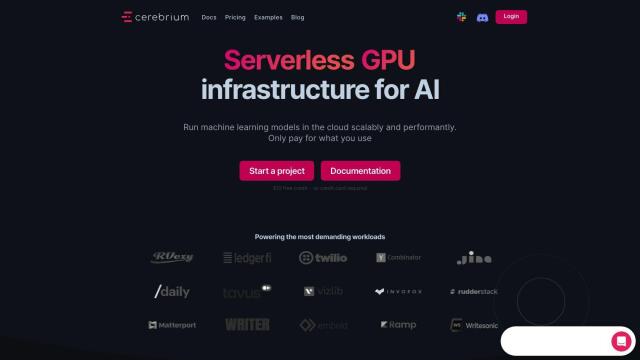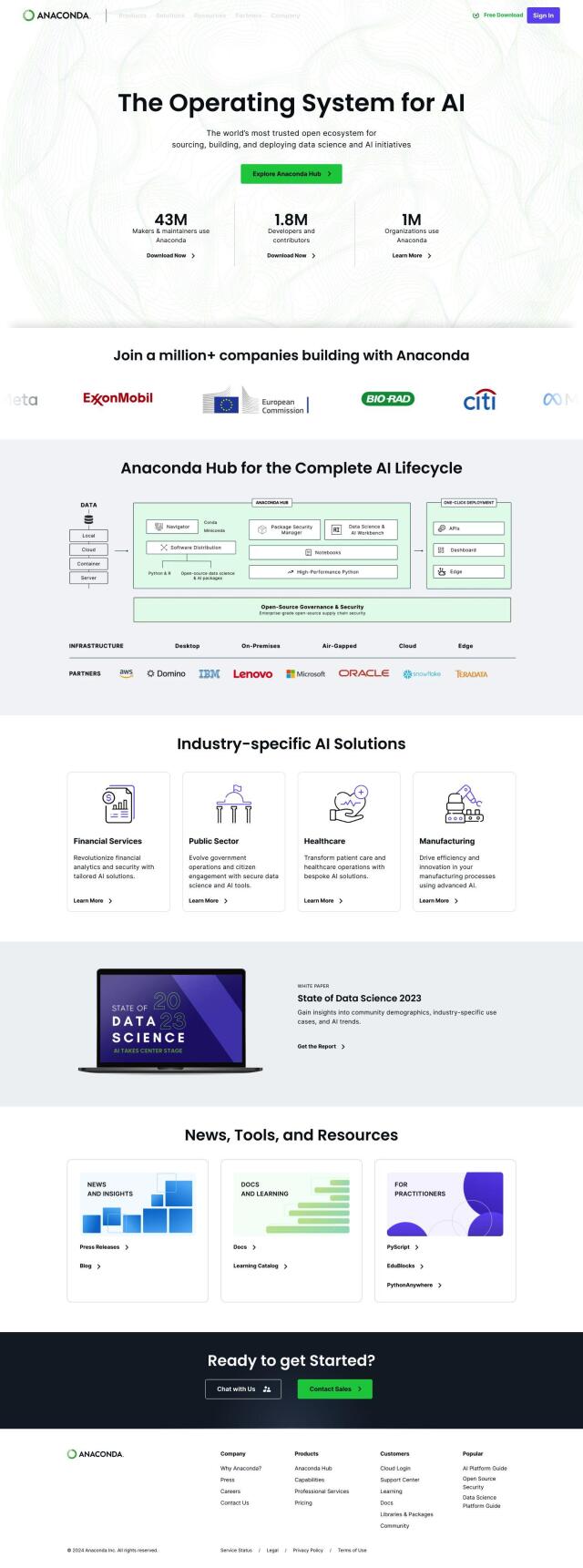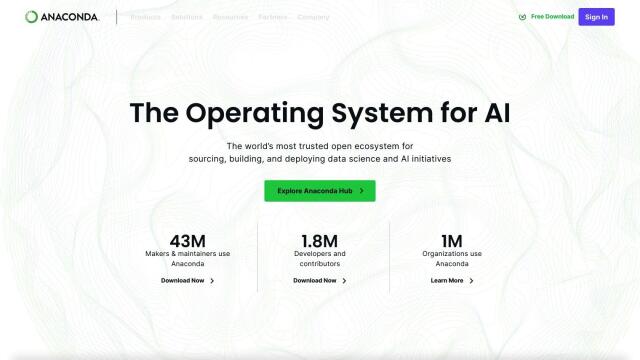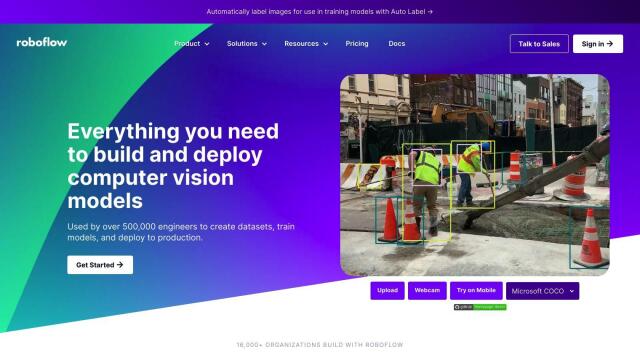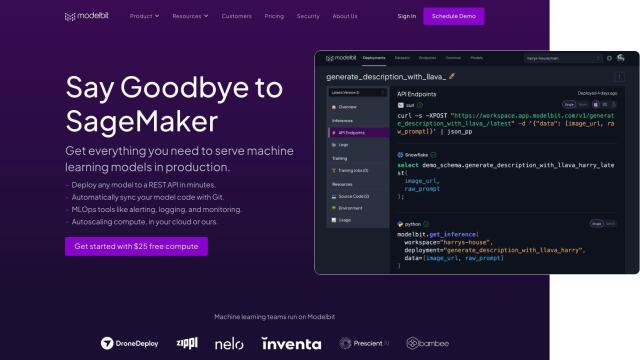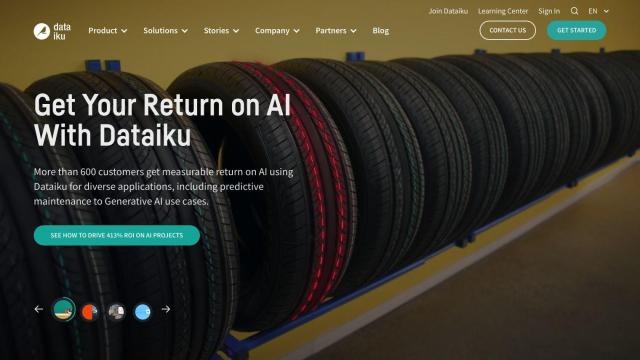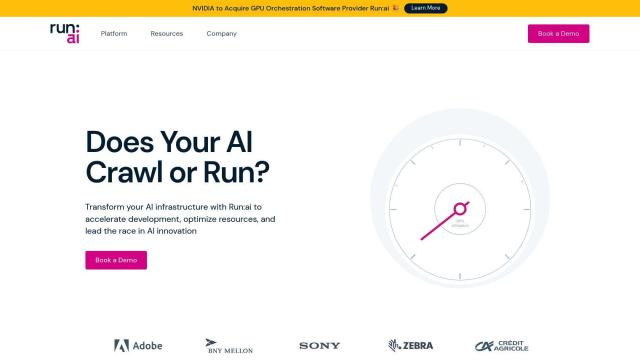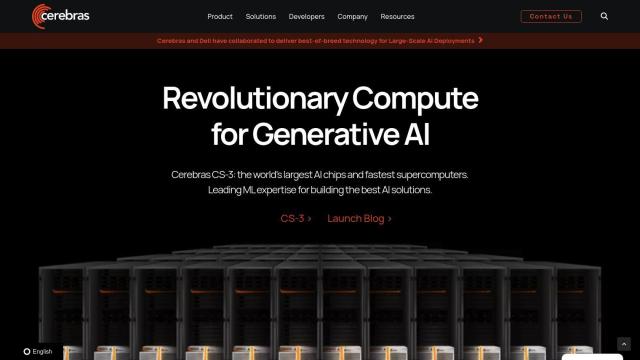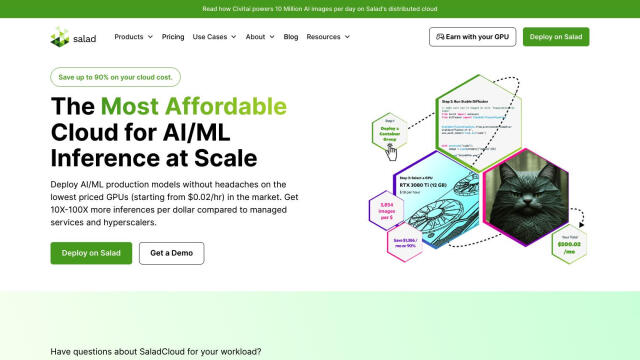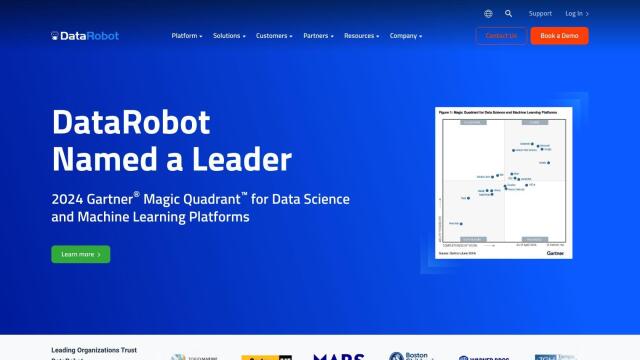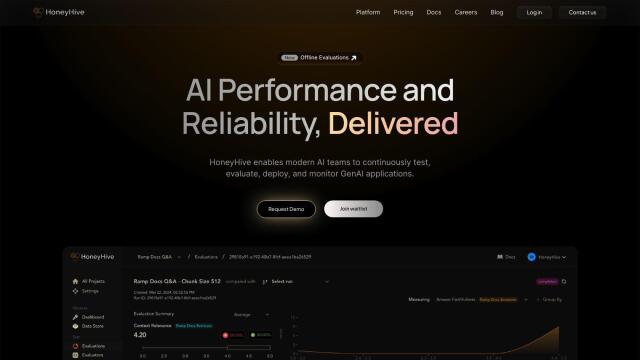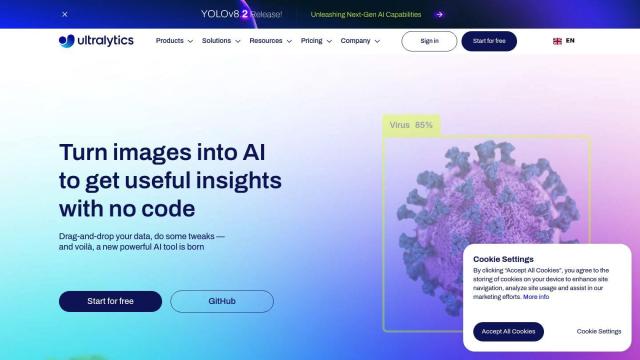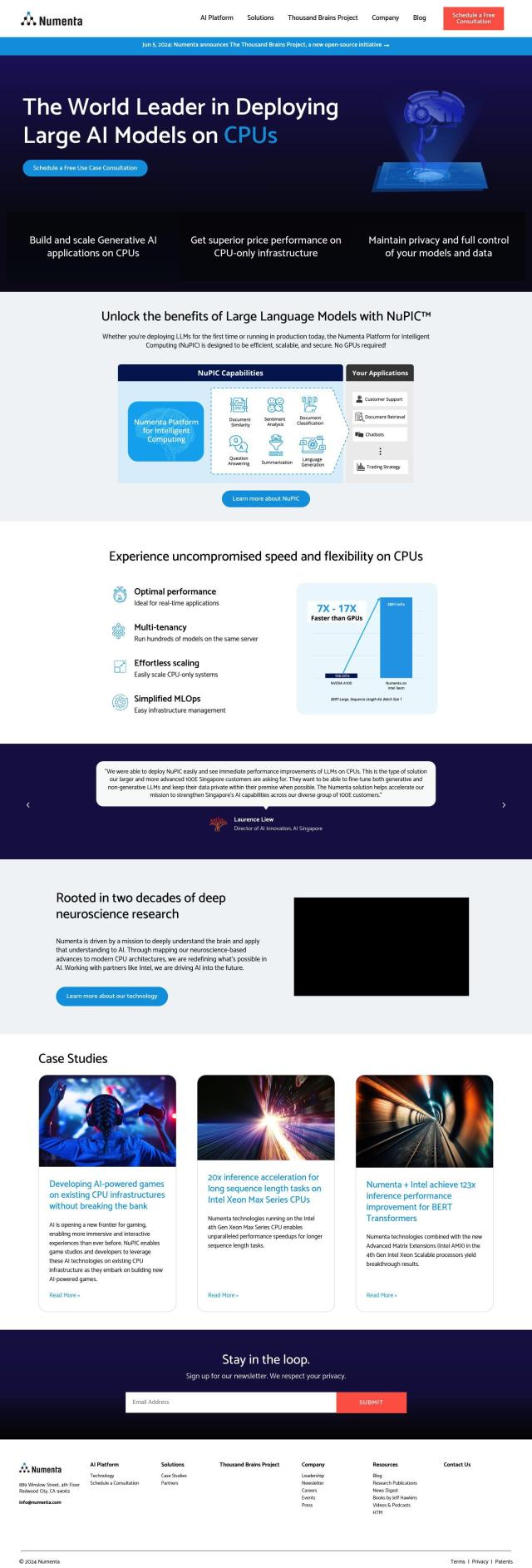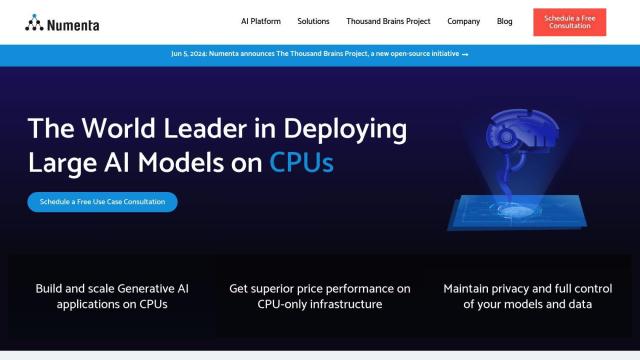Question: I need a solution that enables me to benchmark and compare the performance of different machine learning algorithms for biomedical imaging applications.
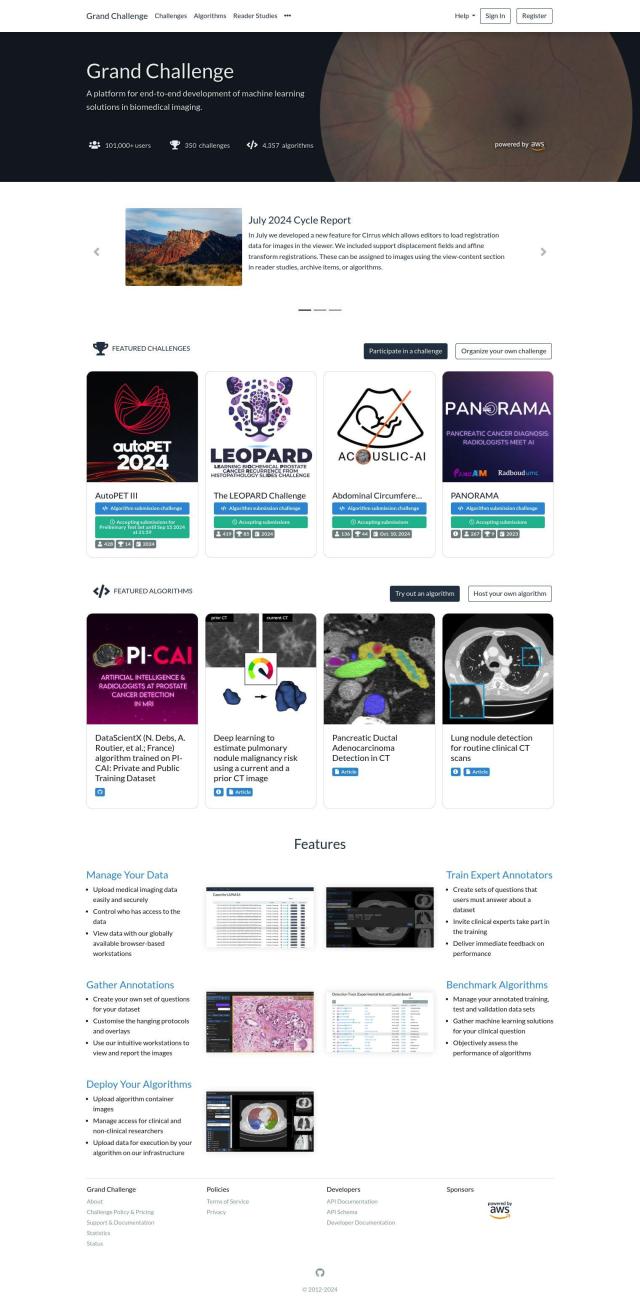
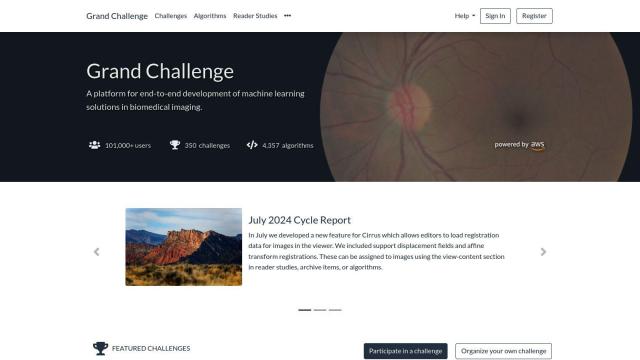
Grand Challenge
If you want a single place to run and compare the performance of different machine learning algorithms for biomedical imaging tasks, Grand Challenge is a single-stop shop that could be helpful. It's a collection of tools to manage and develop machine learning models, including benchmarking algorithms with objective performance measurements, and it's got a variety of medical imaging challenges. With 350-plus challenges and 4,357-plus algorithms, it can help you develop and deploy machine learning models while protecting data and scaling up.

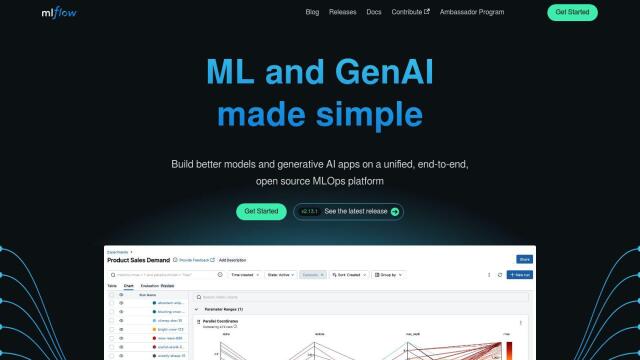
MLflow
Another good choice is MLflow, an open-source MLOps tool to streamline machine learning and generative AI development and deployment. It's a single environment to manage the entire ML life cycle, including experiment tracking, model management and generative AI support. MLflow supports many deep learning and traditional machine learning libraries, so it's a good choice to improve collaboration, reproducibility and efficiency in ML workflows.

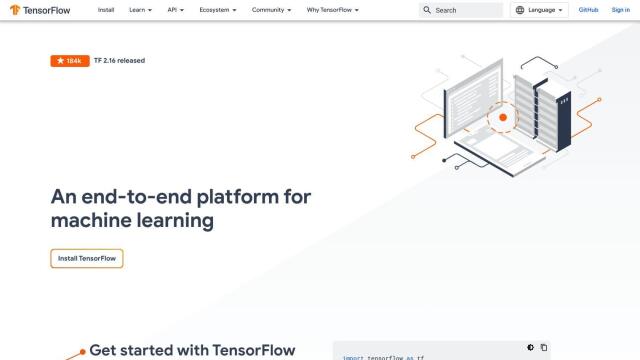
TensorFlow
If you want to focus on deep learning, TensorFlow is a flexible environment with a lot of tools and libraries to build and run machine learning models. It supports distributed training, on-device machine learning and a range of applications, including biomedical imaging. TensorFlow is widely used in health care and has abundant resources for beginners and experts, so it's a good foundation for machine learning practitioners.

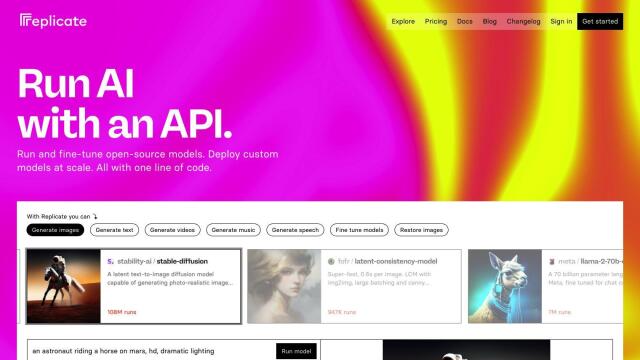
Replicate
Last, Replicate is an API-based service to run and scale open-source machine learning models. It can be used for tasks like generating images and text, fine-tuning models and restoring images, and it can automatically scale and let you deploy models yourself. That makes it a good choice for developers who want to add AI to their apps without having to worry about the underlying infrastructure.
